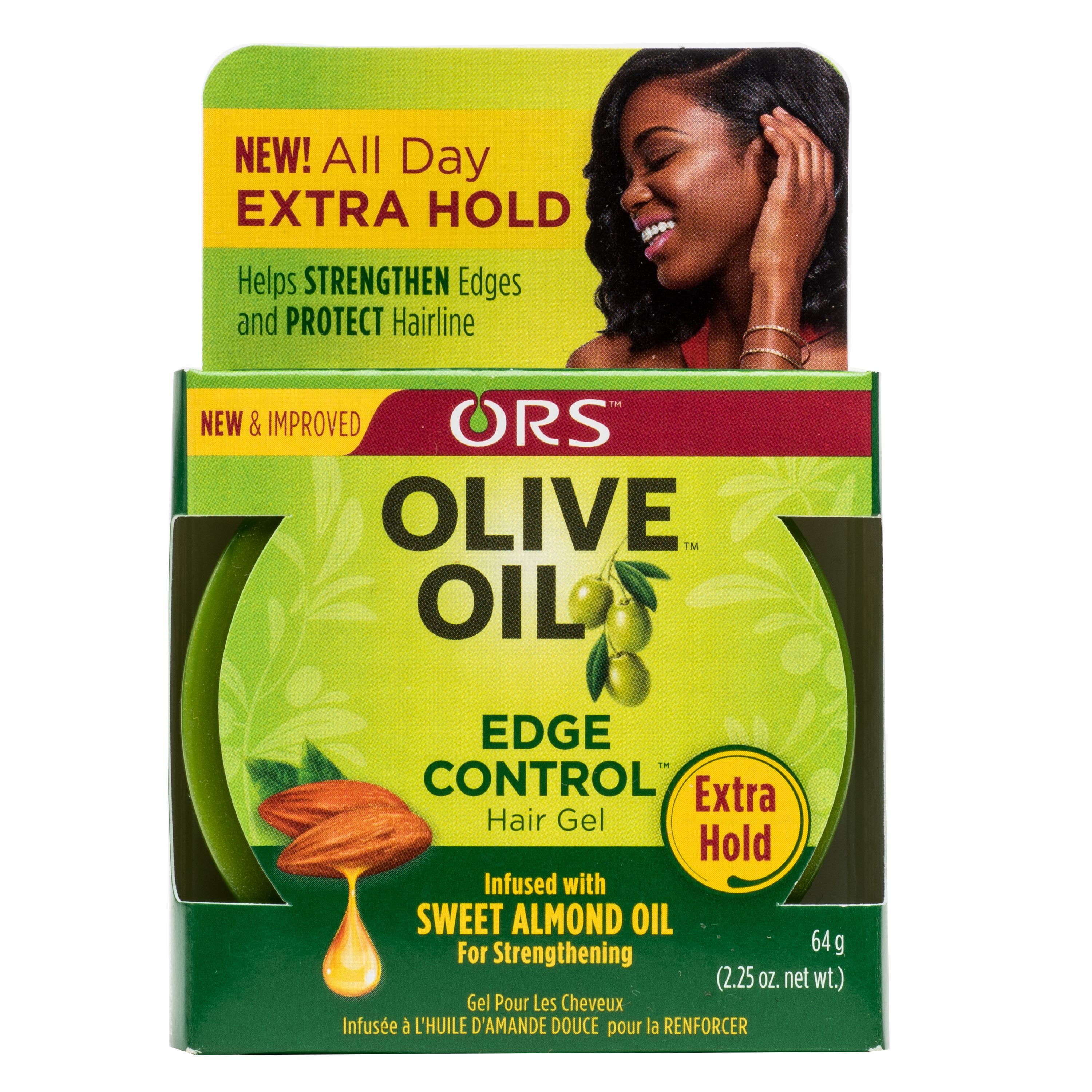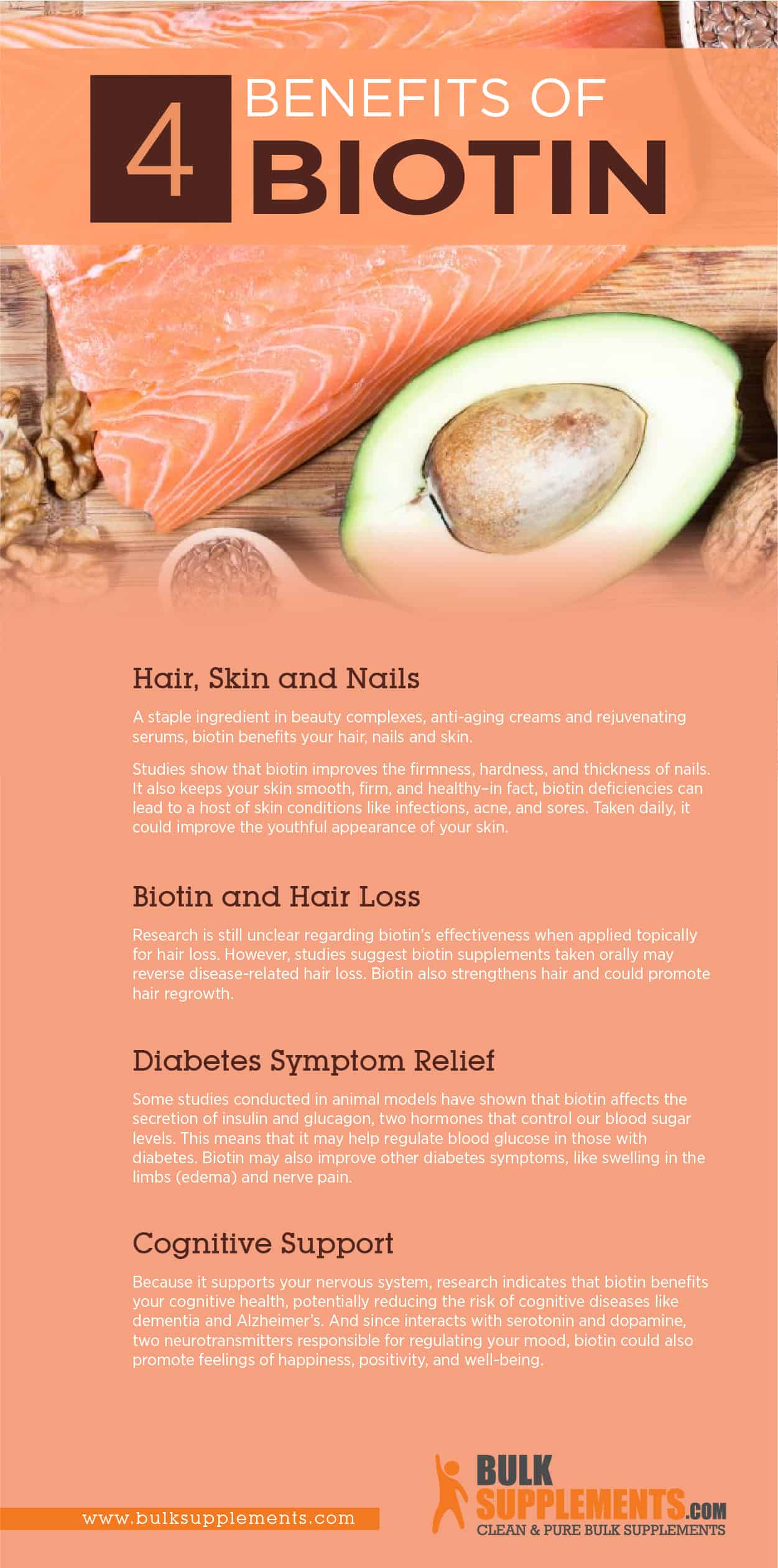Table Of Content
Washing and conditioning your hair as usual should remove any extra greasiness. According to research, vitamins A and E, biotin, and folate — all found in eggs — have been linked to hair growth and healthy hair. However, there is research that mineral and vegetable oils can protect hair from damage and breakage and have a moisturizing effect.
Egg, honey, and olive oil hair mask
“Olive oil can soothe your scalp, strengthen your hair follicle, and potentially stimulate hair growth," says Fekkai. Olive oil is a diverse ingredient you can incorporate into your hair care routine, ranging from taming flyaways to traditional hair oiling. The only scenario you wouldn't want to use olive oil in hair is if you have very fine or thin hair since it can weigh down your strands and look greasy. You can potentially still enjoy the ingredient for your strands, but you’ll want to use it sparingly and make sure to wash it out thoroughly. Dr. Marcus also says, "If one has oily hair already, olive oil should not be applied to the hair." Before you run out and buy a new bottle of olive oil just for your hair, there are a couple of things you should look for in your latest haircare buy.
Benefits of Jojoba Oil for Hair
It is transformed into a more stable molecule, squalane, for use in cosmetics and moisturizers. And of the available plant oils, olive oil contains the highest concentration of squalene [source]. Combine the hair mask with an at-home facial or a nice long bubble bath. The Olive Wellness Institute is a science repository on the nutrition, health and wellness benefits of olives and olive products, which is all subject to extensive peer review. If you warm the oil in the microwave first, make sure it doesn’t get too hot.
Fable & Mane HoliRoots Hair Growth Oil & Scalp Oil Treatment
While olive oil can improve the overall health of your hair and reduce breakage, it doesn't directly thicken individual hair strands. You could add three to four drops to a tablespoon of carrier oil, such as olive oil, before massaging into your scalp. Applying an olive oil mask once a week or even twice a month could be enough to see stronger hair. As far as the hair growth potential of this treatment, your mileage may vary. So while we may not have concrete evidence that olive oil promotes hair growth, we know that it has protective and nutritional qualities that might make your hair look and feel healthier.
What is the disadvantage of hair oiling?
As far as we know, there’s no cure for dandruff, though using olive oil might reduce your flakes. Even though you’re just treating the ends, keep your hair pinned up so the olive oil doesn’t get on your clothes. To condition your hair all over, start at the scalp and massage the oil through to the ends.
The mixture may help with scalp acne, product buildup, balancing sebum production, and adding shine. This popular combo adds the soothing benefits of honey, ideally manuka honey. It can act as an anti-inflammatory5 for the scalp, reducing irritation. And it also has humectant properties (i.e., its ability to attract water to the surface of the skin and hair as well as deliver hydration to the deeper layers), so it helps your hair and scalp retain moisture6. First, it helps condition hair thanks to the vitamins and fatty acids noted above.

Can you use olive oil for hair loss?
In theory, olive oil should work for hair growth the same way for any hair color and texture. Though certain hair types have, anecdotally, had more success with using olive oil for hair care. There are a few different ways to oil your hair, depending on your hair type and goals. Dr. Spann suggests heating the oil for a few seconds for maximum penetration.

Beyond conditioning
6 Benefits of Olive Oil for Hair - News18
6 Benefits of Olive Oil for Hair.
Posted: Wed, 30 Aug 2023 16:25:34 GMT [source]
Despite the limited scientific evidence, the chemical makeup of olive oil shows potential for effectively moisturizing the hair. As you can see, my understanding of the science behind olive oil for hair is rooted in its composition and benefits – antioxidants, fatty acids, and emollients – that work together to improve hair health. I then apply it to my hair, concentrating on the midsections and ends, as these tend to be the driest parts. After gently massaging the oil into my hair, I leave it on for about 30 minutes to an hour, allowing the nutrients to penetrate the hair shaft and provide deep conditioning.
At present, there is no research to support specific methods, including the one above, or suggestions as to which is the best for individuals to use. Olive oil can help with removing head lice, but it isn’t any more effective than other oil or conditioning treatments. It’s critical to use the proper comb and make sure you get out all the live lice and their nits.
Most people recognize olive oil as a common cooking ingredient, but in recent years, this kitchen staple has become popular in hair and skin care. While there is plenty of anecdotal evidence to support olive oil's beauty benefits for hair, the science so far is limited. For hair that is particularly fragile—from the sun or a recent color transformation—you'll see better results with more frequent use. “For chemically treated hair, olive oil could be used once a week mixed with an intense mask,” says Fekkai. He recommends massaging through the hair shaft, then leaving it covered with a plastic cap for minutes to make sure the oil really penetrates the follicles and scalp.
As always, this is not personal medical advice, and we recommend that you talk with your doctor. Using both the yolk and the white of the egg can provide your hair with a boost and help with damage control. Shannen Zitz is an Assistant Editor at Prevention, where she covers all things lifestyle, wellness, beauty, and relationships.
As far as making hair grow faster, we don’t have reason to believe that hair color or type impacts olive oil’s effect. Chances are that olive oil will work to make hair stronger, no matter what type you have, which can provide an illusion of hair that’s growing faster. Olive oil is considered an active ingredient in many hair products, including some shampoos and conditioners.
When it comes to how often you should be applying the oil to your hair, it depends on how much hydration you need. If your hair has faired pretty well over the last few months and doesn't feel particularly stripped, you could likely stick to working it into your strands bi-weekly or even monthly. Olive oil may be of particular use for those whose hair has suffered as a result of their environment. Dr. Garshick also says that olive oil is great for those who feel that their hair "looks dry or dull, as olive oil can help to nourish the hair." "Its antioxidant properties account for its ability to protect hair from UVB and UVA-induced cell damage," Dr. Marcus says.
This component of olive oil makes it great for fighting hair loss or promoting hair growth. Simply apply a small amount of olive oil to the ends of your hair, making sure to avoid the roots. The oil will help to hydrate and soften your hair, leaving it looking shiny and healthy. Dry or damaged hair — For damaged hair, thoroughly apply the oil from the scalp to the ends and consider leaving the treatment on for an extended period or overnight for deeper penetration.
It's incredibly lightweight (even for my fine hair ppl), but is still jam-packed with Ayurvedic staples like ashwagandha and dashmool to help soothe my irritated scalp. There are no specific number of days you should be oiling your hair, says Dr. Spann, but for most people, once a week is sufficient. “For individuals with severely dry or brittle hair, it may be beneficial to oil two to three times per week,” adds Dr. Spann.
This can happen for any of the reasons outlined above, from hair dye to heat treatments to harsh brushing. Applying too much olive oil can lead to a greasy build-up, which can weigh down hair and make it look dull. To counteract this issue, I personally use a conservative amount of oil, especially when using it as a leave-in treatment. To use olive oil for split ends, apply a small amount to the tips of your hair regularly as a leave-in treatment. It can be an excellent addition to your hair care routine, but it may not fulfill all your styling or specific treatment needs.

No comments:
Post a Comment